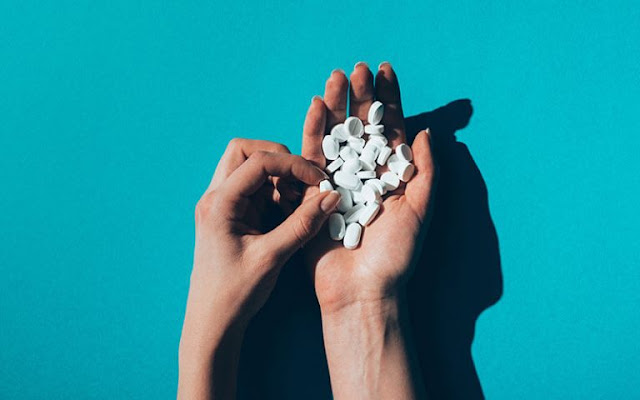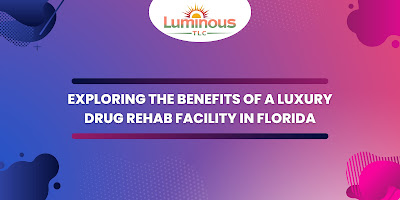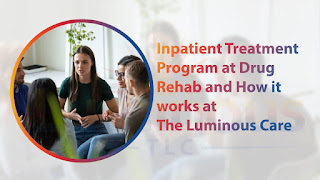Molly Addiction Treatment
3,4-methylenedioxymethamphetamine (MDMA), also referred to as Molly or Ecstasy, gained popularity among numerous Americans across the country. This illegal narcotic is commonly taken for the emotions of well-being, stimulation, and distortions in time and sensory perceptions that it produces. MDMA first became popular within the all-night party scene, but its use has now spread to a large range of websites. in keeping with the National Survey on Drug Use and Health, quite 18 million people within we have tried MDMA a minimum of once in their lifetime. MDMA may be a synthetic drug that became popular within the 1980s, leading researchers to start investigating its effects.
Their efforts identified a variety of probably serious negative side effects for instance; MDMA can cause a dangerous increase in blood heat that may be fatal in some environments. MDMA can even intensify the cardiac processing, increasing pulse kidneys and force per unit area and may damage the brain too the Animal studies show that MDMA can also damage specific neurons within the brain, research on MDMA’s effects on the human brain isn’t conclusive at now. However, a variety of studies show that long-term, heavy MDMA use is related to cognitive deficiencies, including problems with learning and memory.
Some common symptoms are:
- Irresistible to use hallucinogens even after experiencing adverse consequences as
- Violent or aggressive behavior
- Nausea
- Vomiting
- Dizziness
- Increased blood pressure
- Perspiration
- Numbness in arms and the therapeutic story distress
- Vision problems
- Muscle spasms
Cognitive symptoms:
- Poor judgment
- Amnesia
- Delusions
- Paranoia
- Hallucinations
- Social withdrawal
- Loss of interest in desirable activities
Molly Addiction Treatment
As Molly brings some unusual changes to the addicted individuals biological processes particularly the hot atmosphere may trigger the craving, Molly Addiction Treatment requires a soothing and balanced environment.
Cognitive behavioral interventions have been proven the most effective existing treatments for patients with MDMA use disorder. These methods are designed to assist alter the patient’s attention, expectancies, and behaviors, and to enhance skills in coping with daily life’s stress. Recovery support groups may be effective in combination with behavioral interventions to support long-term recovery.
Most of the MDMA addiction cases belong to youth so uncertain patterns of aggression cycle are commonly observed and it makes MDMA addiction treatment more sensitive and complex process. It is highly recommended to organize these treatment processes under the supervision of highly skilled and experienced professionals.
Medicines used to treat MDMA addiction are subject to be handled with extra precautions as any minor change in dose can be provoking and increase the chances of relapse.
The Luminous Care offers a Detox-program and a vast variety of cutting-edge pharmacological and behavioral practices run by experts who understand the complications and the value of your efforts to get back to life as a whole. Call us now – 833-422-5585 or more information enquire us at info@theluminouscare.com



Comments
Post a Comment